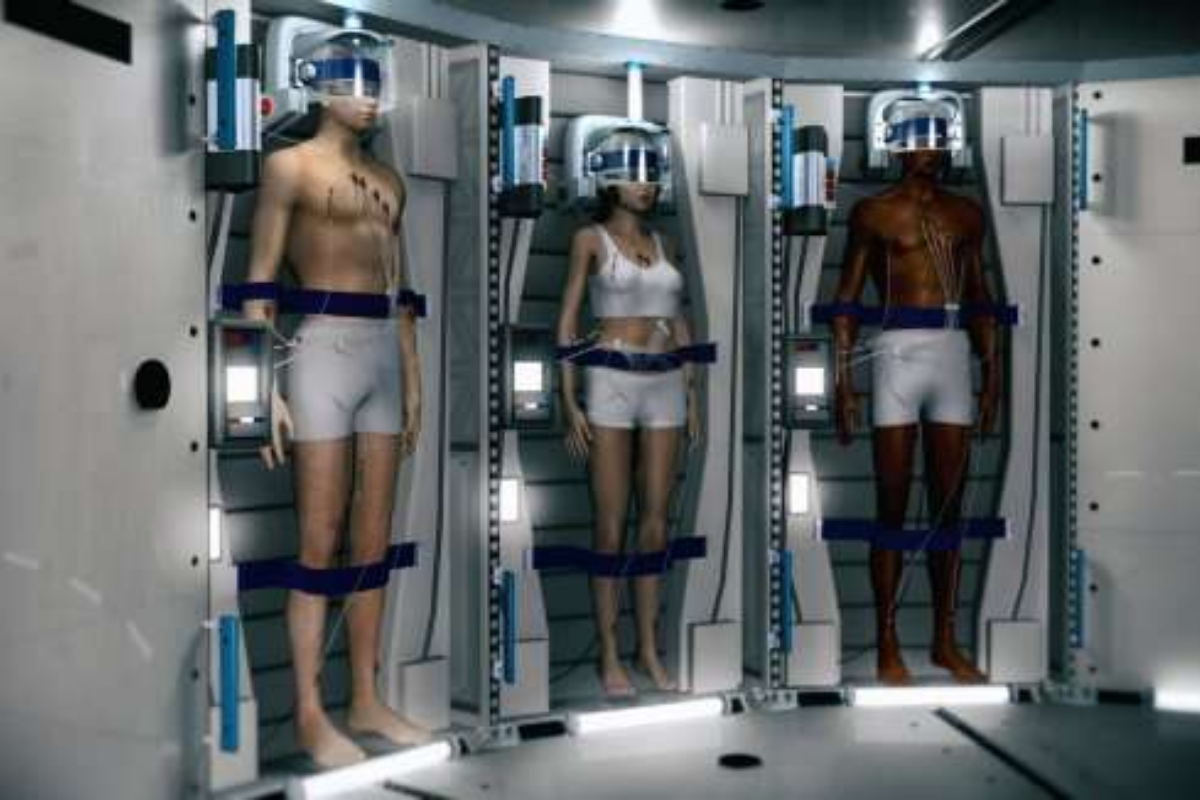Miami Launches World’s Largest Cruise Ship
Icon of the Seas, world's largest cruise ship, sets sail from Miami....

NASA Explores Astronaut Hibernation for Future Space Travel
In a groundbreaking venture, NASA is investing in an experimental study to unravel the potential of animal hibernation in microgravity, aiming to enable astronauts to enter a state of deep rest during extended space journeys. The initiative, named “Studying Torpor in Animals for Space-health in Humans” (STASH), is being developed by the BioServe Space Technologies College of Engineering and Applied Science at the University of Colorado, Boulder, under the leadership of Ryan Sprenger and biotech firm Fauna Bio Inc.
The concept is rooted in the well-known health impacts of extended periods in microgravity on the human body, particularly during long-haul missions such as a journey to Mars, which could take a minimum of six months. By drawing inspiration from the hibernation patterns observed in various animals on Earth, the researchers aim to explore the possibility of inducing a similar state in astronauts, allowing them to conserve energy and resources while promoting overall well-being.
The STASH experiment involves housing rodents in specially designed hibernation chambers subjected to cold temperatures, inducing extreme lethargy. The rodents’ metabolism, oxygen levels, and heart rates will be closely monitored. Upon completion of the study, the researchers will assess whether hibernation protected the animals from common health issues associated with extended periods in microgravity, such as bone or muscle mass loss.
Ryan Sprenger, leading the study, emphasized the potential impact of synthetic torpor during crewed missions, stating that it could “change everything for space exploration.” The research conducted through STASH is viewed as a crucial first step in understanding how hibernation may mitigate health risks in space. The data collected may pave the way for the development of biomimetic drug countermeasures and the necessary infrastructure to support torpor-enabled human astronauts engaged in interplanetary missions.
The ambitious project holds promise not only for advancing our understanding of space health but also for revolutionizing the approach to long-duration space travel. If successful, the research could open avenues for the development of innovative solutions that address the physiological challenges posed by extended space missions, marking a significant leap forward in the realm of space exploration.
Catch all the Business News, Breaking News Event and Latest News Updates on The BOL News
Download The BOL News App to get the Daily News Update & Live News.